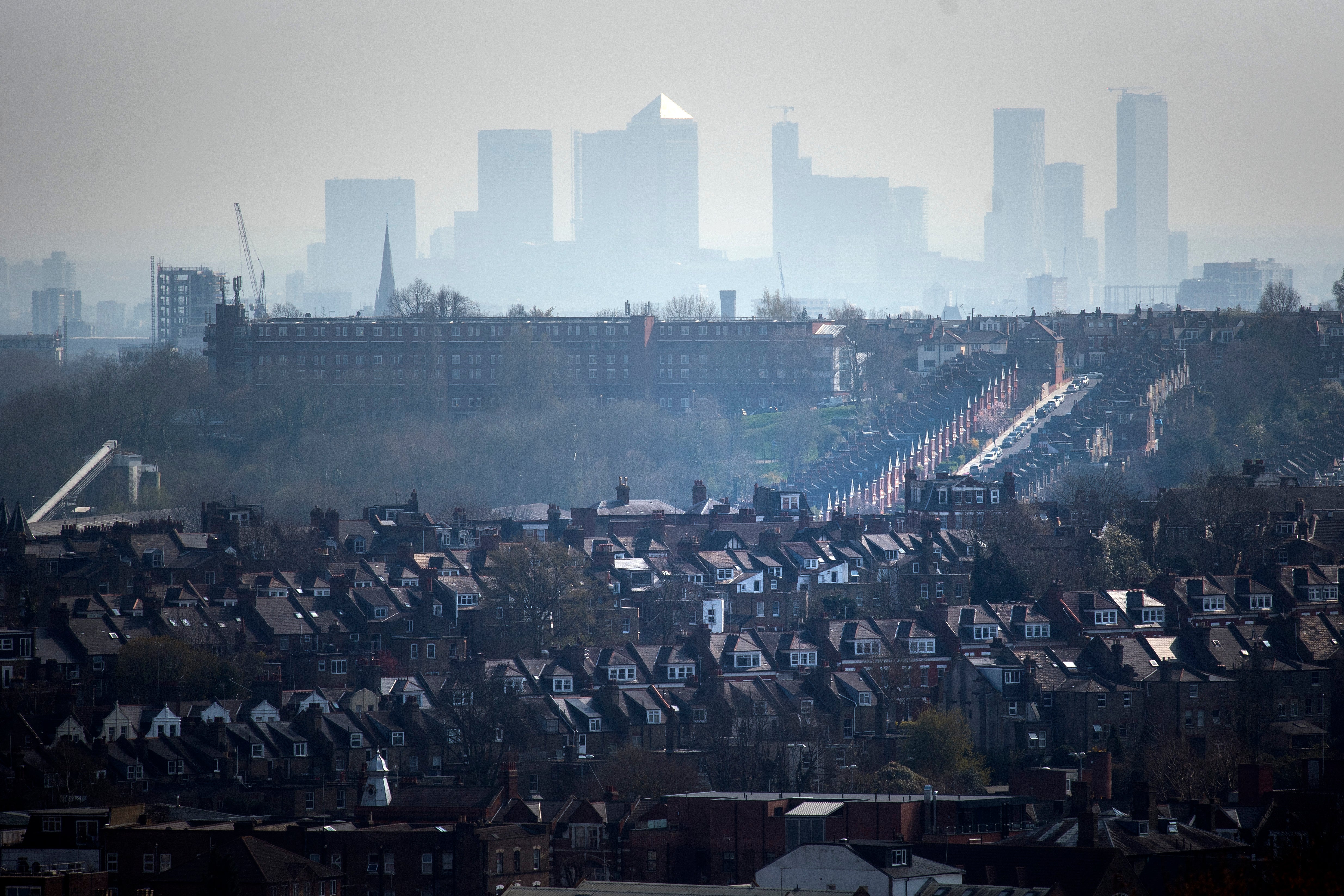Hundreds of lives saved by improved air quality during first Covid lockdown, study suggests
Analysis of 47 European cities found Paris, London, Barcelona and Milan were among the top six with the highest number of avoided deaths

Your support helps us to tell the story
From reproductive rights to climate change to Big Tech, The Independent is on the ground when the story is developing. Whether it's investigating the financials of Elon Musk's pro-Trump PAC or producing our latest documentary, 'The A Word', which shines a light on the American women fighting for reproductive rights, we know how important it is to parse out the facts from the messaging.
At such a critical moment in US history, we need reporters on the ground. Your donation allows us to keep sending journalists to speak to both sides of the story.
The Independent is trusted by Americans across the entire political spectrum. And unlike many other quality news outlets, we choose not to lock Americans out of our reporting and analysis with paywalls. We believe quality journalism should be available to everyone, paid for by those who can afford it.
Your support makes all the difference.More than 800 lives may have been saved across Europe due to better air quality in the first phase of Covid lockdowns, new research suggests.
Measures brought in to stem the rise in infections led to far fewer cars and lorries on the roads, which had the biggest impact on reducing deaths, according to the study led by experts from the London School of Hygiene & Tropical Medicine (LSHTM).
Analysis of 47 European cities found Paris, London, Barcelona and Milan were among the top six with the highest number of avoided deaths.
The study noted that closing workplaces and schools in European cities reduced levels of air pollution through less traffic and movement, while public events were cancelled and people stayed at home.
This led to less nitrogen dioxide, or NO2 polluting the air, with Spanish, French and Italian cities seeing the biggest decreases in N02 of 50% to 60% during the period.
Although strong decreases in NO2 were found, levels of fine particulate matter (PM2.5 and PM10) experienced a smaller drop seeing as they are also produced by natural sources (wildfires and dust) and other emissions.
Antonio Gasparrini, professor of biostatistics and epidemiology at LSHTM and senior author of the study, said: “The lockdown during the first wave of the Covid-19 pandemic created immense health and social costs.
“However, it has offered unique conditions to investigate potential effects of strict policies to reduce pollution levels in urban areas.
“This ‘natural experiment’ has given us a glimpse of how air quality can be improved by drastic public health measures that would be difficult to implement in normal times.
“The information can be important to design effective policies to tackle the problem of pollution in our cities.”
The research, published in Nature’s Scientific Reports journal, was funded by the European Centre for Medium-Range Weather Forecasts on behalf of the Copernicus Atmosphere Monitoring Service.
It compared government policies from the 47 European cities from February to July 2020 and estimated the changes in pollution levels and number of deaths.
Rochelle Schneider, honorary assistant professor in geospatial data science at LSHTM and first author of the study, said: “This, and other similar studies, can help drive the message that we definitely need to improve urban air quality for human health, and for the environment.
“Government policies decided during the spring and early summer of 2020 gave us a unique opportunity to study a ‘real-life’ scenario with lower air pollution levels.”